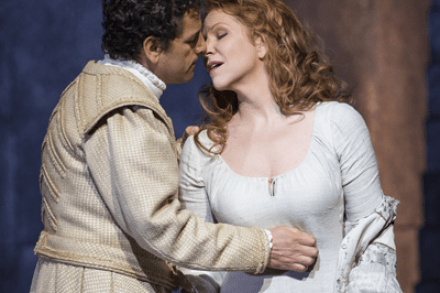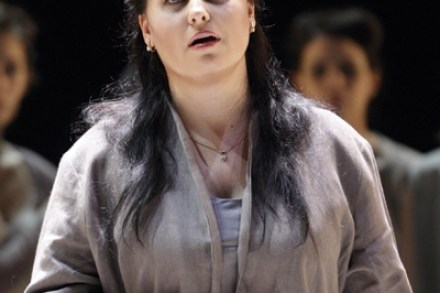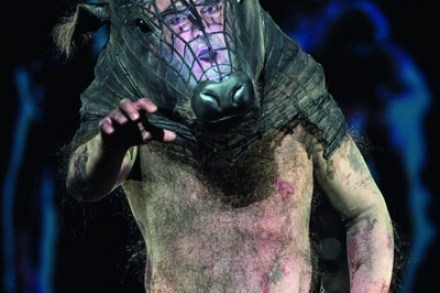Opera review: Crying with the heroine in WNO’s Lohengrin
OperaIn Act II of Lohengrin, after the villainess Ortrud has interrupted the procession to the Minster, and sown the seeds of doubt in Elsa’s mind about the provenance of her rescuer, Lohengrin himself appears and comforts Elsa, saying, ‘Come! Let your tears of sorrow become ones of joy.’ That is followed by a solemn quiet






















